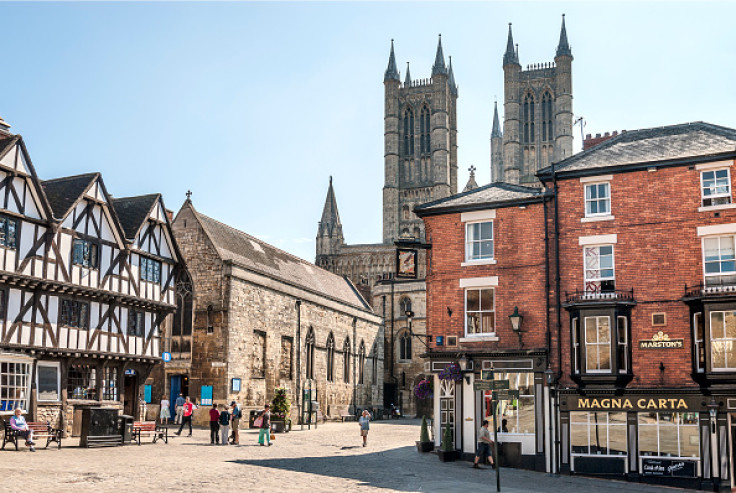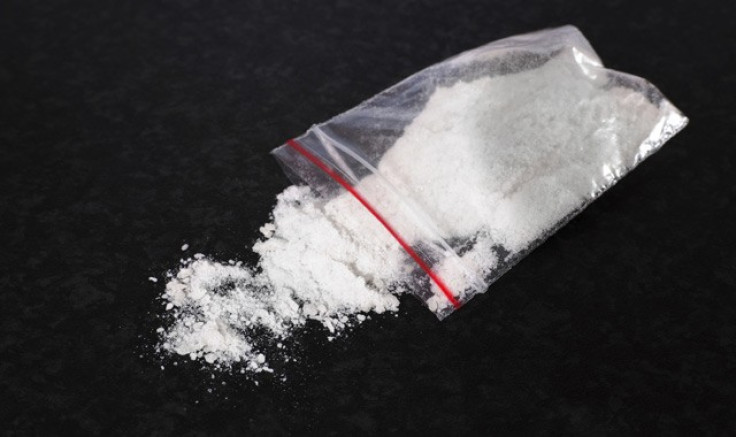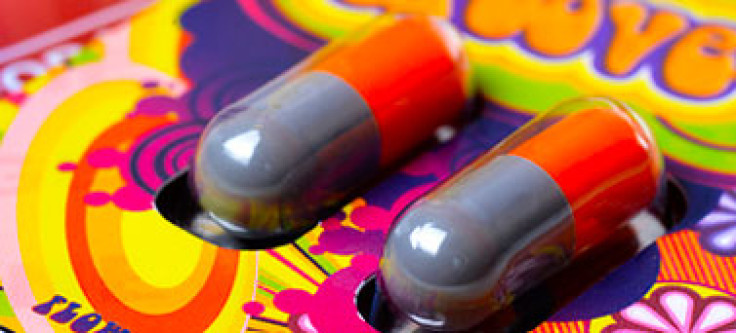Lincoln: 'Zombie city' legal high and alcohol ban could make policing drug use harder

Lincoln council's imminent ban of legal highs and alcohol might not eradicate the city's spiralling binges.
Councillors will vote on 24 February to designate areas where people are not allowed to "ingest, inhale, inject, smoke or otherwise use intoxicating substances".
The ban aims to stamp out an explosion in use of legal highs that, a Lincoln council report said, had become a "major concern" since 2011.
But Lincoln Centre Neighbourhood Policing inspector Pat Coates has admitted the ban, which would apply to designated public areas, might not be as successful as authorities hope and could force users away from residents' glare.

"That is the risk," Coates said. "We recognise that the ban might push users to places where the council does not yet have evidence [of drug use]. We can't enforce it city wide. What I would like to see is a complete legislative change to deal with legal highs."
Since 2010, when there were just seven incidents related to legal highs, Lincoln has seen an explosion in incidents and last year recorded a massive 820 - a staggering 25% of the total across the whole of the UK.
Lincoln has become well known across the Midlands for having a "ready and cheap supply of the scientifically produced drugs".
"The increase came after a second shop was opened in the city in April 2013. That is when an unofficial price war seemed to have started," Coates explained.
"Lincoln is not a massive city but the stores were in close proximity to one another in the city centre and this drove the price down."
What are legal highs?

Legal highs contain one or more chemical substances that produce similar effects to illegal drugs.
These new substances are not yet controlled under the Misuse of Drugs Act 1971 and there is often not enough research about them to know about their potency or effects.
Legal highs cannot be sold for human consumption, so sellers often print "not for human consumption" on packages or sell them as incense, salts or plant food to avoid persecution.
The main effects of almost all "psychoactive" drugs, including "legal highs", can be described using three main categories:
- stimulants
- "downers" or sedatives
- psychedelics or hallucinogens
Even though students at Lincoln University doubtless know about bristling, beer-soaked Tuesday student nights in the city, they are not the main group obliterated on the powerful synthetic cocktail.
"The students are not the main clientele, legal highs are not massive among them," Coates explained." I am not saying they do not take them or other substances, but it is the street drinkers that are the main users and they have created a visual problems. They are the most problematic group."
Their consumption has seen an increase in "erratic behaviour" among the homeless community, ugly scenes that have rendered the streets of the cathedral city into an apocalyptic wasteland.
Coates said: "People have been shouting out loud, swearing and vomiting. Bodies have been found collapsed in the street.
"There have been incidents of aggressiveness and violence and, mixed together with the look of the individuals, we have seen a real deterioration in users' health.
"That is not how we want visitors, residents and businesses to see the city. We want to promote the city as safe and pleasant environment for visitors and families but legal highs have contributed to the city not feeling safe."
Read Lincoln council's proposals for a ban on intoxicating substances
© Copyright IBTimes 2024. All rights reserved.






